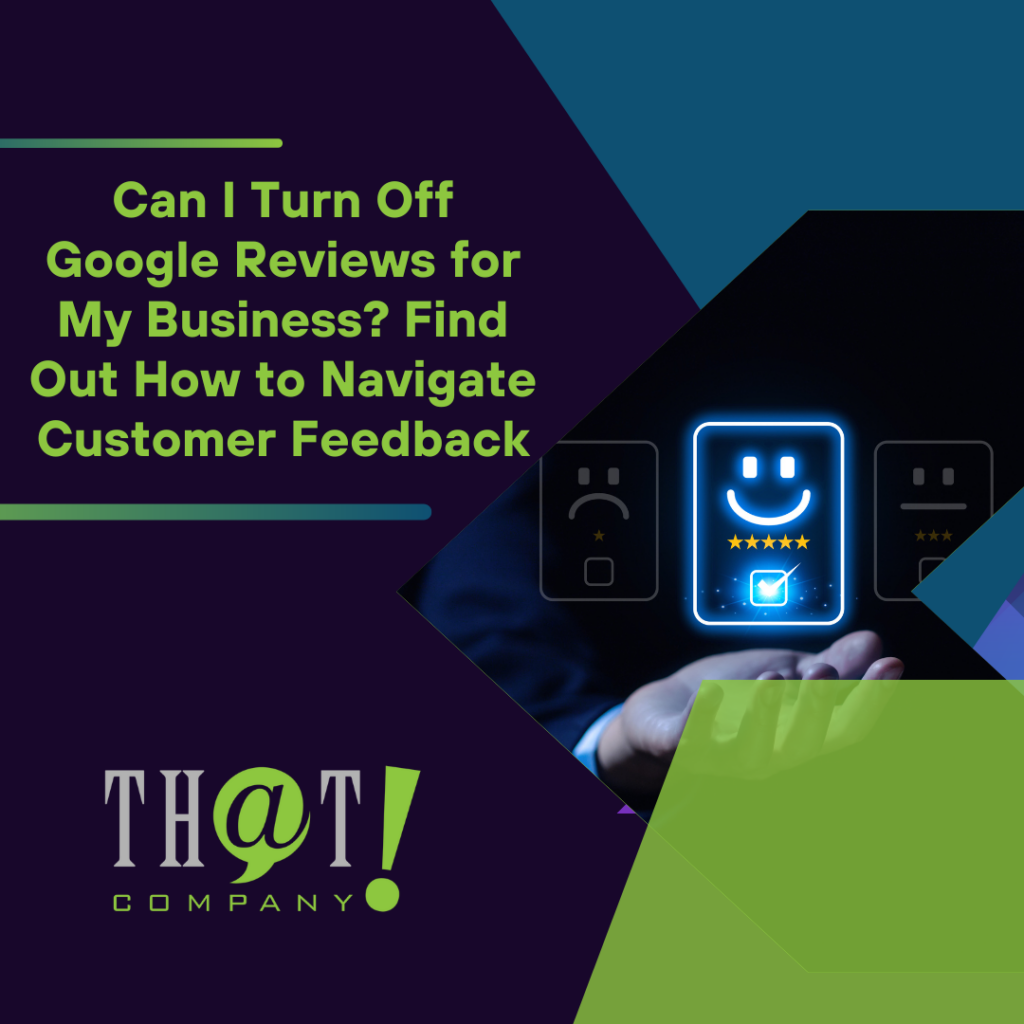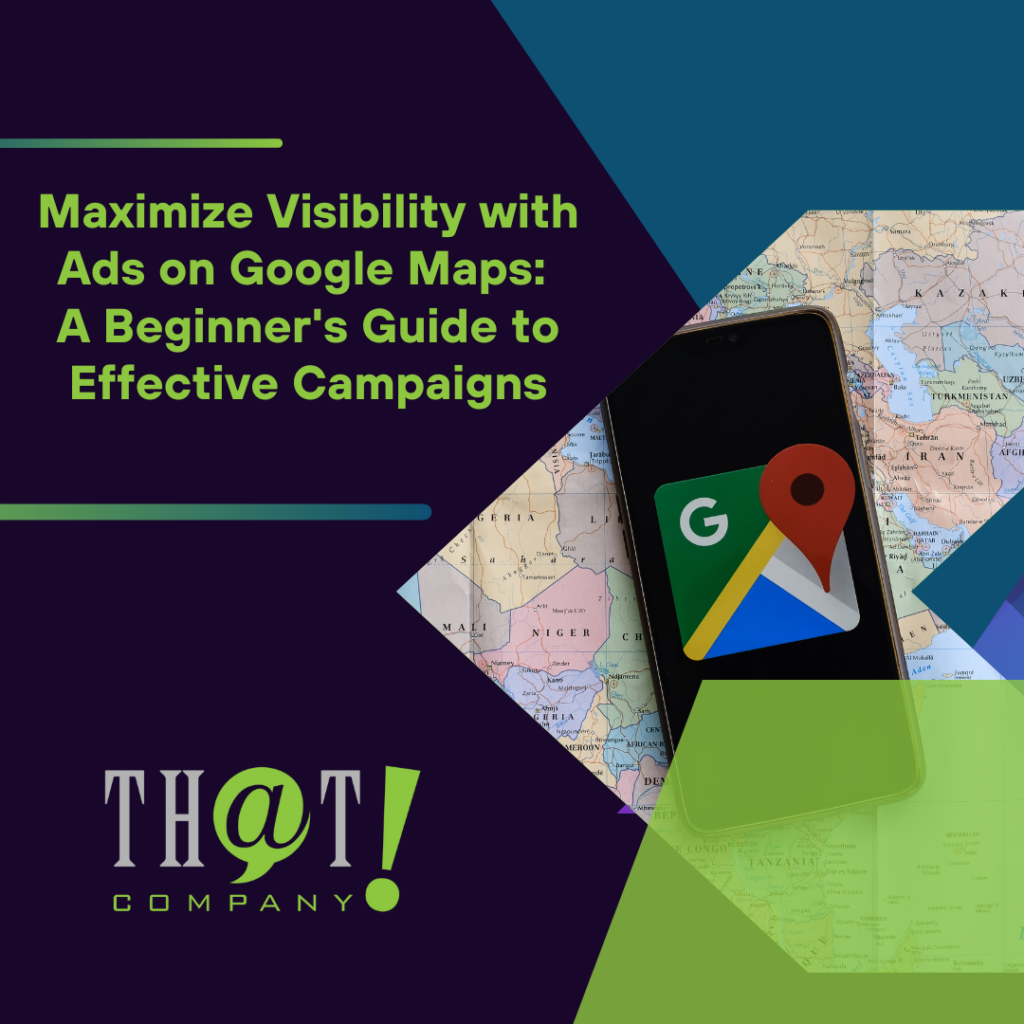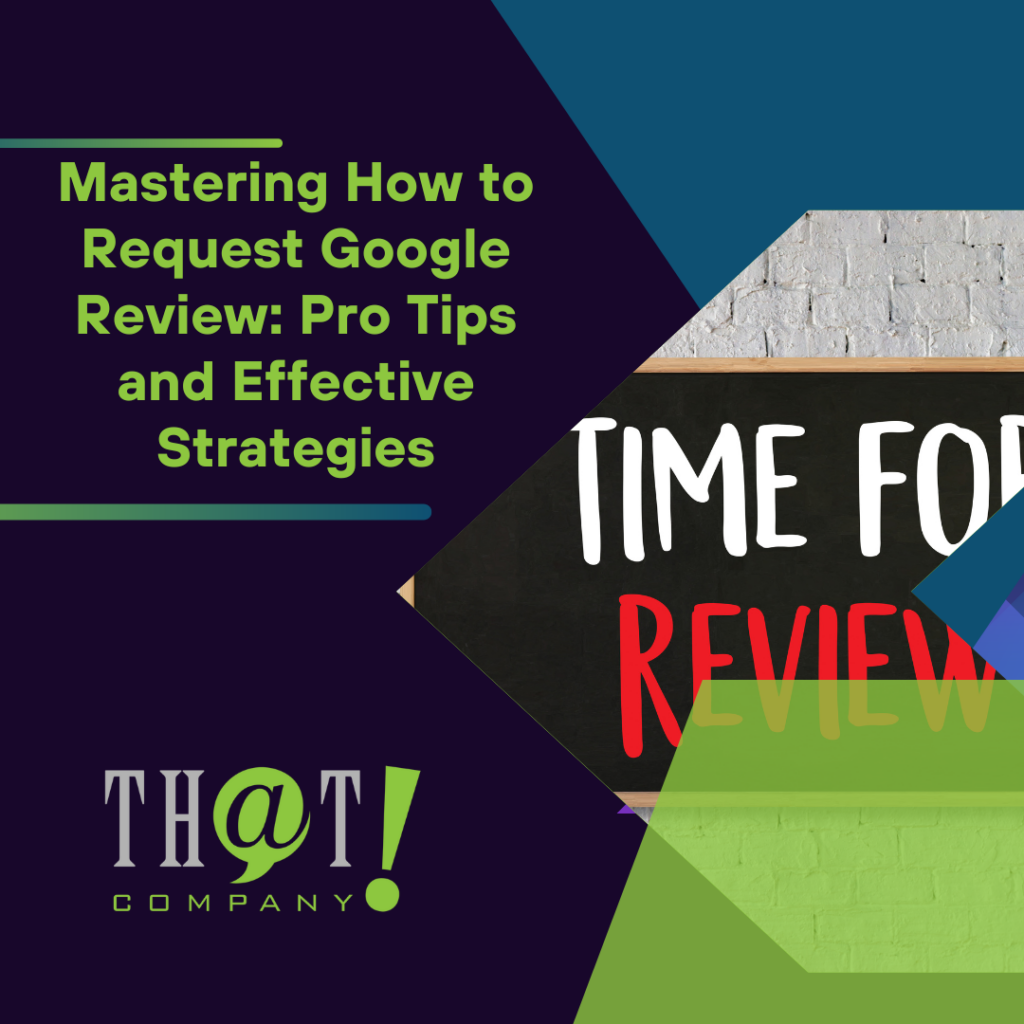
Looking to craft the best digital strategy? In today’s market, a solid digital strategy is key to connecting with your audience, generating leads, and driving business growth. This article outlines seven steps to help you build an effective digital strategy.
Key Takeaways
- A comprehensive digital strategy is essential for businesses to enhance visibility, build brand reputation, and achieve competitive advantage in the digital landscape.
- Key elements of a successful digital strategy include setting SMART goals, understanding the target audience, proper budget allocation, and effective performance monitoring.
- Leveraging data analytics for continuous improvement allows businesses to adapt strategies, enhance ROI, and engage customers effectively through informed decision-making.

Understanding the Importance of a Digital Strategy
A digital strategy is a detailed plan that specifies how a business will utilize digital technologies to accomplish its goals. It’s not just about having an online presence but about using that presence thoughtfully and strategically to connect with your audience, generate leads, and convert prospects into loyal customers. Without a digital strategy, businesses risk falling behind in today’s competitive landscape.
For startups or small businesses, a digital strategy can be a lifeline. It helps increase visibility, build a positive brand reputation, and compete effectively against larger players. Enhancing online presence and improving processes through a digital strategy offers a competitive advantage crucial for growth.
A digital marketing strategy, which focuses specifically on marketing initiatives, is a subset of the broader digital strategy. While the former outlines how to reach and convert target audiences, the latter encompasses all activities aimed at achieving business goals. A comprehensive digital strategy aligns marketing efforts, ensures measurable outcomes, and paves the way for long-term success by implementing the best digital marketing strategies.
Recognizing the importance of a digital strategy lays the groundwork for business success. Clear goals and a strategic approach enable effective navigation of the digital landscape, leveraging the right tools and channels to achieve objectives.

Key Benefits of Using That! Company’s White Label Internet Marketing Services
Utilizing white label digital marketing services from That! Company offers a myriad of advantages. Partnering with That! Company allows agencies to broaden their service offerings, including search engine optimization, PPC, and social media marketing, attracting a wider client base. This comprehensive range of digital marketing services not only enhances online visibility but also drives significant business growth.
One of the critical benefits is cost savings. Agencies leveraging white label services can avoid the need to recruit additional staff or invest in expensive marketing tools. This enables more efficient resource allocation, allowing agencies to concentrate on their core competencies while outsourcing digital marketing strategy execution to specialized providers. Moreover, the specialized knowledge and cutting-edge expertise provided by white label partners ensure high-quality results.
Additionally, offering a variety of digital marketing services can lead to new revenue streams and enhance client retention. Clients appreciate having access to multiple services in one place, simplifying their experience and building trust. Overall, white label partnerships provide a competitive advantage by enabling agencies to deliver robust and effective digital marketing strategies without increasing operational complexity.

Key Elements of a Successful Digital Strategy
Crafting a successful digital strategy involves several key elements. At the core is a well-defined value proposition that sets your business apart in the competitive online marketplace. A digital marketing strategy supports this. It is a long-term plan aimed at achieving specific business goals.
Firstly, understanding your goals and target audience is essential. Goals should be specific, measurable, achievable, relevant, and time-bound (SMART) to guide your strategy effectively. Knowing who your audience is and what they need allows you to tailor your efforts to resonate with them.
Budget allocation and performance monitoring are also crucial components. Allocating resources wisely ensures that marketing campaigns are executed efficiently. Performance metrics, such as Key Performance Indicators (KPIs), help track progress and measure success. These steps are vital for the development and execution of a successful digital strategy.
In summary, the key elements are:
- Goals
- Target audience
- Budget
- Performance metrics
These components work together to form a cohesive and effective digital strategy. By focusing on them, businesses can navigate the digital landscape with confidence and achieve their marketing objectives.

Setting Clear Goals and Objectives
Setting clear goals and objectives is the cornerstone of any successful marketing strategy. Goals should be SMART: Specific, Measurable, Achievable, Relevant, and Time-bound. This approach provides clear targets and accountability, enhancing the effectiveness of your digital strategy.
Specific goals allow for easier tracking of progress and success in your marketing efforts. For example, instead of a vague aim to “increase website traffic,” set a specific goal like “increase website traffic by 20% over the next three months.” Measurable goals should be based on quantifiable metrics, ensuring that progress can be accurately assessed.
Aligning your goals with long-term business objectives ensures that your marketing efforts contribute to overall company success. Realistic and time-bound goals maintain motivation and provide opportunities for early successes, creating a sense of urgency and helping in monitoring progress effectively. Documenting these goals significantly increases the likelihood of achieving them, enhancing focus and accountability.

Identifying and Researching Your Target Audience
Identifying and researching your target audience is a crucial step in developing an effective digital marketing strategy. Understanding your audience involves analyzing demographics, purchasing habits, and creating user personas. This process allows you to tailor your marketing efforts to resonate with your ideal customers.
Methods for identifying your target audience include analyzing data from existing customers and conducting competitor analysis. Creating detailed buyer personas, which consider interests, needs, demographics, and psychographics, provides deeper insights into customer behaviors, fears, and desires. These personas aid in crafting relevant content that directly addresses your audience’s needs and preferences.
For example, Starbucks uses data analytics to understand customer preferences and offer personalized recommendations, enhancing customer engagement. Analyzing customer behavior allows businesses to enhance segmentation and personalization, leading to more effective digital marketing campaigns and better resource allocation.

Choosing the Right Digital Channels
Choosing the right digital channels is essential for reaching your target audience and achieving your marketing goals. A digital marketing campaign utilizing various digital marketing channels, including white label SEO, social media, email, and PPC, offers unique advantages for promoting your brand. For instance, e-commerce businesses often gain more traction with social media ads and email marketing than physical stores.
It’s crucial to match the channels to your audience’s preferences. Younger audiences typically engage more with platforms like Instagram and TikTok, while professionals may prefer LinkedIn. Conducting competitor research helps identify industry trends and the strengths and weaknesses of your competitors, allowing you to tailor your strategy effectively.
Paid advertising methods like PPC offer immediate results and effectively target specific audiences, providing a significant advantage in reaching new prospects and optimizing ad spend. Social media marketing focuses on building brand awareness and increasing conversions through engaging content, while email marketing serves as an effective tool for informing and engaging interested customers.

Creating Engaging and Valuable Content
Creating engaging and valuable content marketing is a cornerstone of any successful digital strategy. Effective strategies utilize various types of content, such as blogs, videos, and infographics, to engage the target audience. Using a mix of different content formats caters to diverse audience preferences and enhances engagement.
Adding visual elements to your content enhances memorability and shareability, increasing its impact. Maintaining consistent branding across all content and platforms builds audience trust and recognition, leading to better engagement. Planning for content creation involves ensuring a systematic approach to how content is created, delivered, and managed.
Establishing a content calendar is important for maintaining consistent and timely content delivery across channels. High-quality, engaging content tailored to resonate with your audience enhances brand presence, drives customer interactions, and nurtures leads, ultimately boosting sales.

Leveraging Data Analytics for Continuous Improvement
Leveraging data analytics is crucial for the continuous improvement of your digital strategy. Key Performance Indicators (KPIs) are essential for measuring the success and effectiveness of your strategy. Continuous analysis of content performance provides insights for adapting strategies to evolving trends.
Predictive analytics uses historical data to predict customer behavior, allowing for more targeted marketing efforts. Real-time monitoring through data analytics enables marketers to adjust strategies promptly based on immediate feedback, enhancing ROI. Visualizing data helps identify trends and correlations, making it easier to strategize and optimize marketing efforts.
Every digital marketing strategy is powered by in-depth analytics and performance data, enabling That! Company to continuously refine and optimize campaigns for maximum return on investment (ROI) and audience engagement.

Case Studies of Successful Digital Strategies
Learning from successful digital strategies can provide valuable insights. For instance, Innocent Drinks effectively utilized fruit imagery to create a compelling marketing narrative. Nike consistently innovates to stay ahead in the competitive digital landscape.
Gucci has successfully transitioned from luxury goods to a strong digital fashion presence, leveraging digital channels to reach a broader audience. Starbucks focuses on deepening customer connections through personalized digital experiences, using data to tailor offers and recommendations.
Similarly, Airbnb transforms travel by creating welcoming digital platforms for users, and Disney combines innovative digital storytelling with user interaction to maintain its magic. Spotify disrupts the audio industry with targeted marketing strategies and user engagement, showcasing the power of a well-executed digital strategy.
These case studies highlight the importance of innovation, customer engagement, and the strategic use of digital tools in achieving success through digital transformation.

Summary
In summary, crafting the best digital strategy for your business involves understanding its importance, leveraging key elements, setting clear goals, identifying your target audience, choosing the right digital channels, creating engaging content, and continuously improving through data analytics. By incorporating digital marketing white label services, businesses can scale their efforts efficiently while maintaining high-quality results. Following these steps allows you to navigate the digital landscape effectively and achieve your business goals. Remember, a successful digital strategy is not a one-time effort but a continuous journey of adaptation and optimization.

Frequently Asked Questions
What is a digital strategy?
A digital strategy is a comprehensive plan that focuses on leveraging digital technologies to meet a business’s objectives effectively. It serves as a roadmap for integrating digital tools and approaches to drive success.
Why is setting SMART goals important in a digital strategy?
Setting SMART goals is crucial in a digital strategy because they establish clear targets and accountability, which significantly enhance the overall effectiveness and focus of your efforts.
How can understanding your target audience improve your digital marketing efforts?
Knowing your target audience enables personalized marketing strategies that resonate with potential customers, ultimately resulting in higher engagement and conversion rates. This alignment is crucial for effective digital marketing.
What are some effective digital marketing channels?
Effective digital marketing channels include social media, email marketing, search engine optimization (SEO), and pay-per-click (PPC) advertising, as each provides distinct benefits for brand promotion. Utilizing a mix of these channels can enhance your marketing efforts and reach your target audience effectively.
How can data analytics improve your digital strategy?
Data analytics enhances your digital strategy by providing insights that allow for adaptations to meet evolving trends, ultimately improving ROI and the effectiveness of your marketing efforts.

























